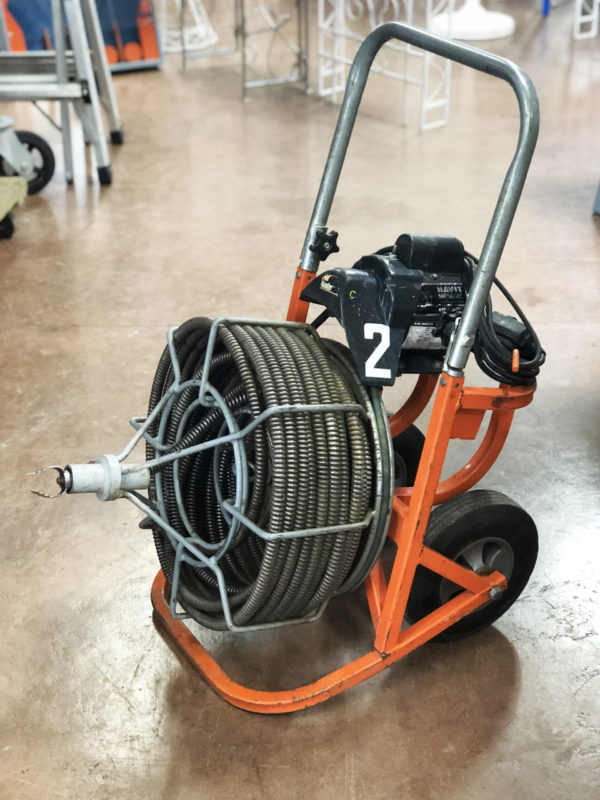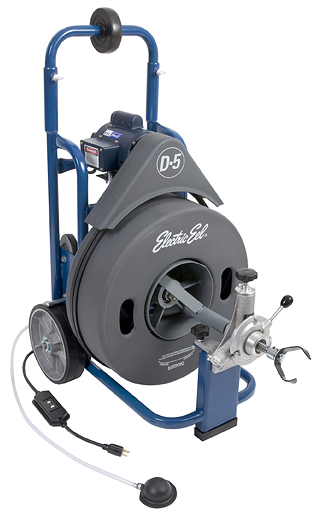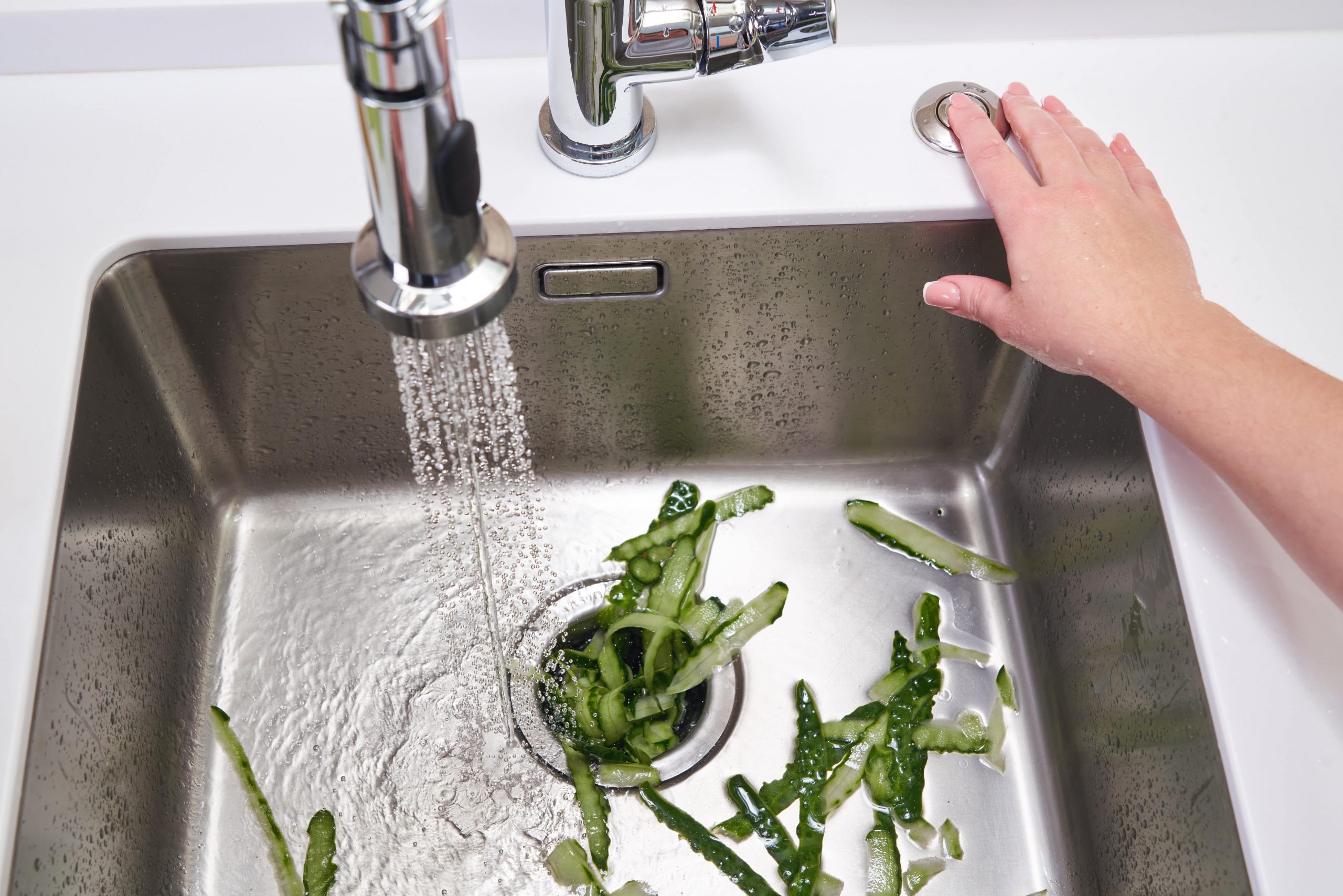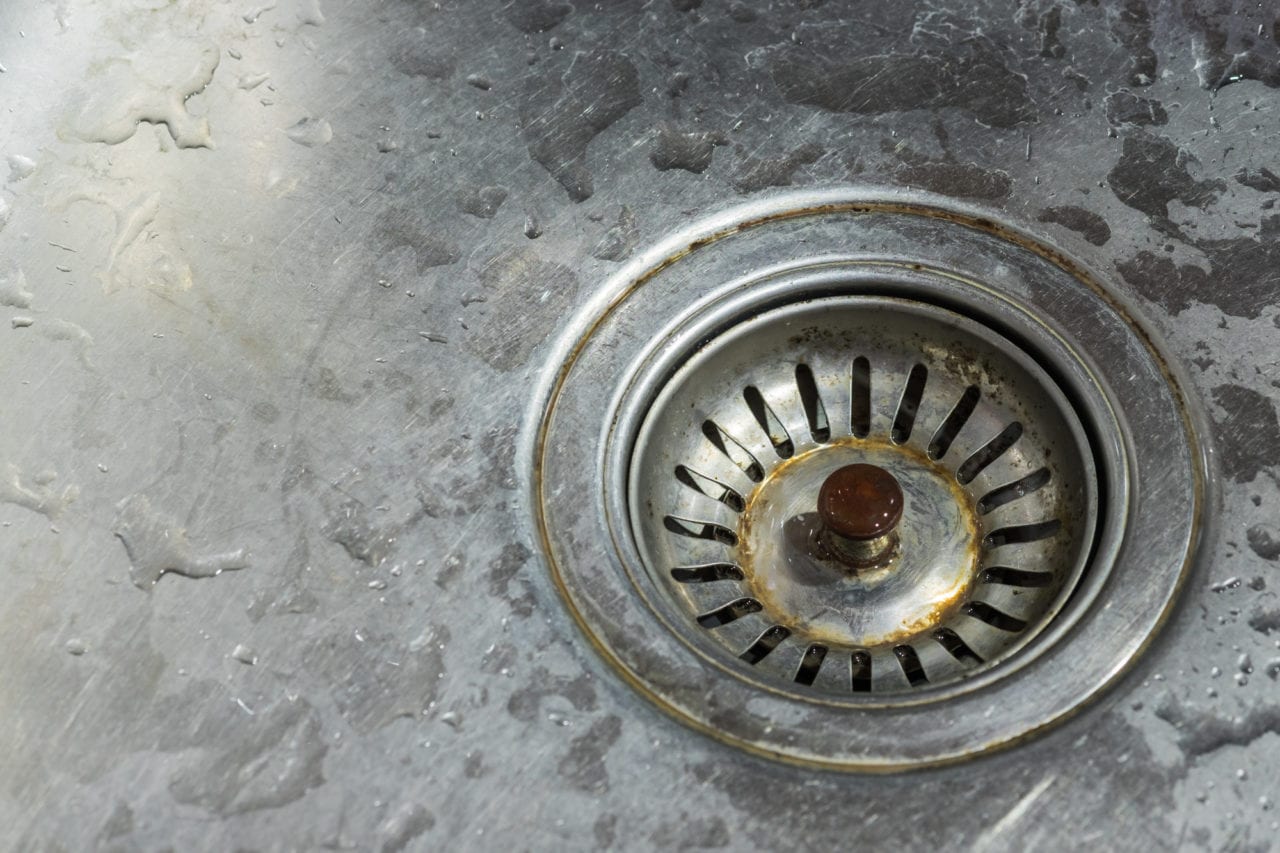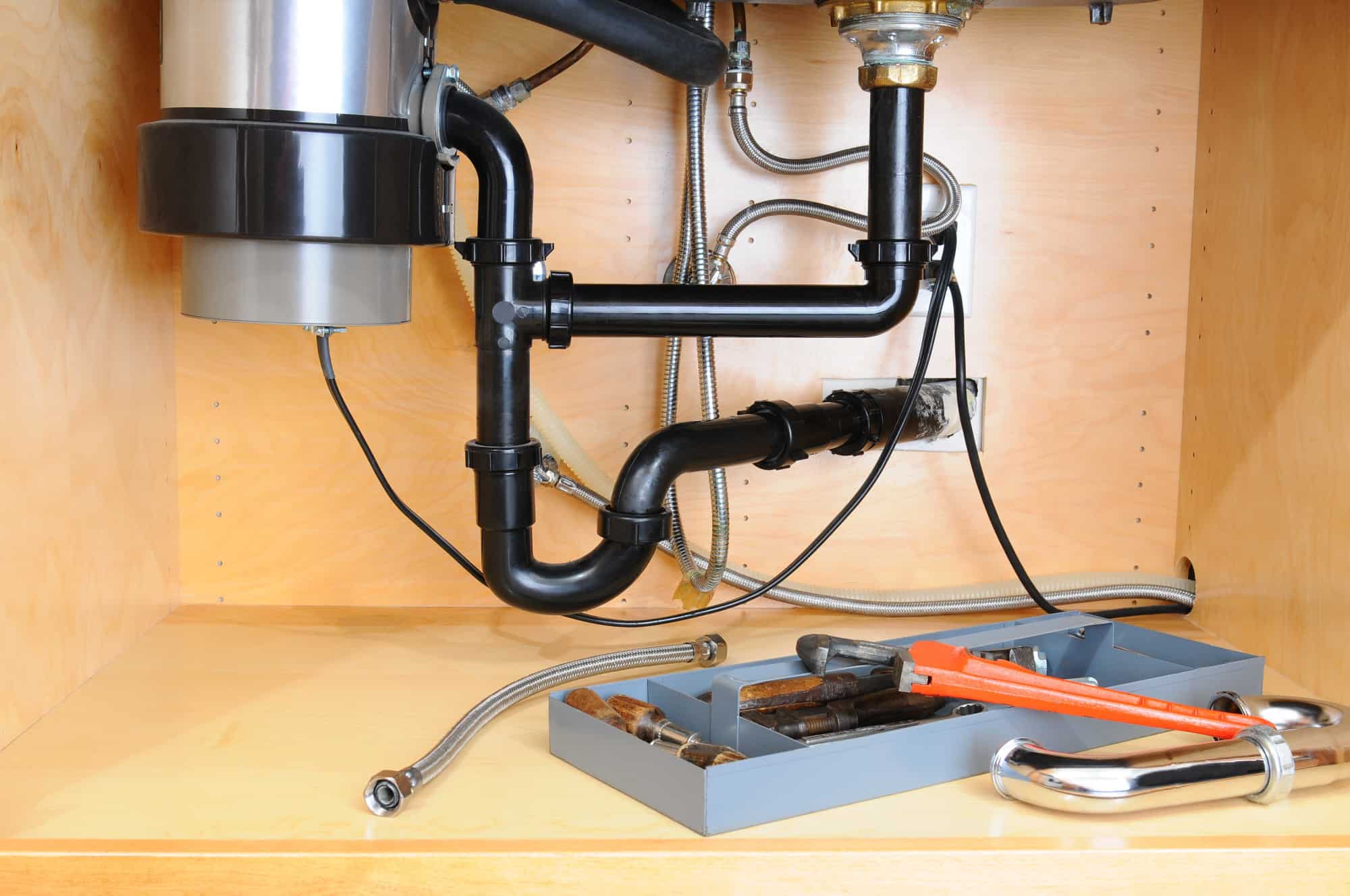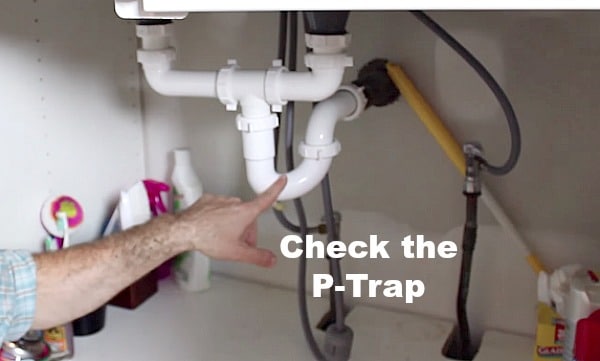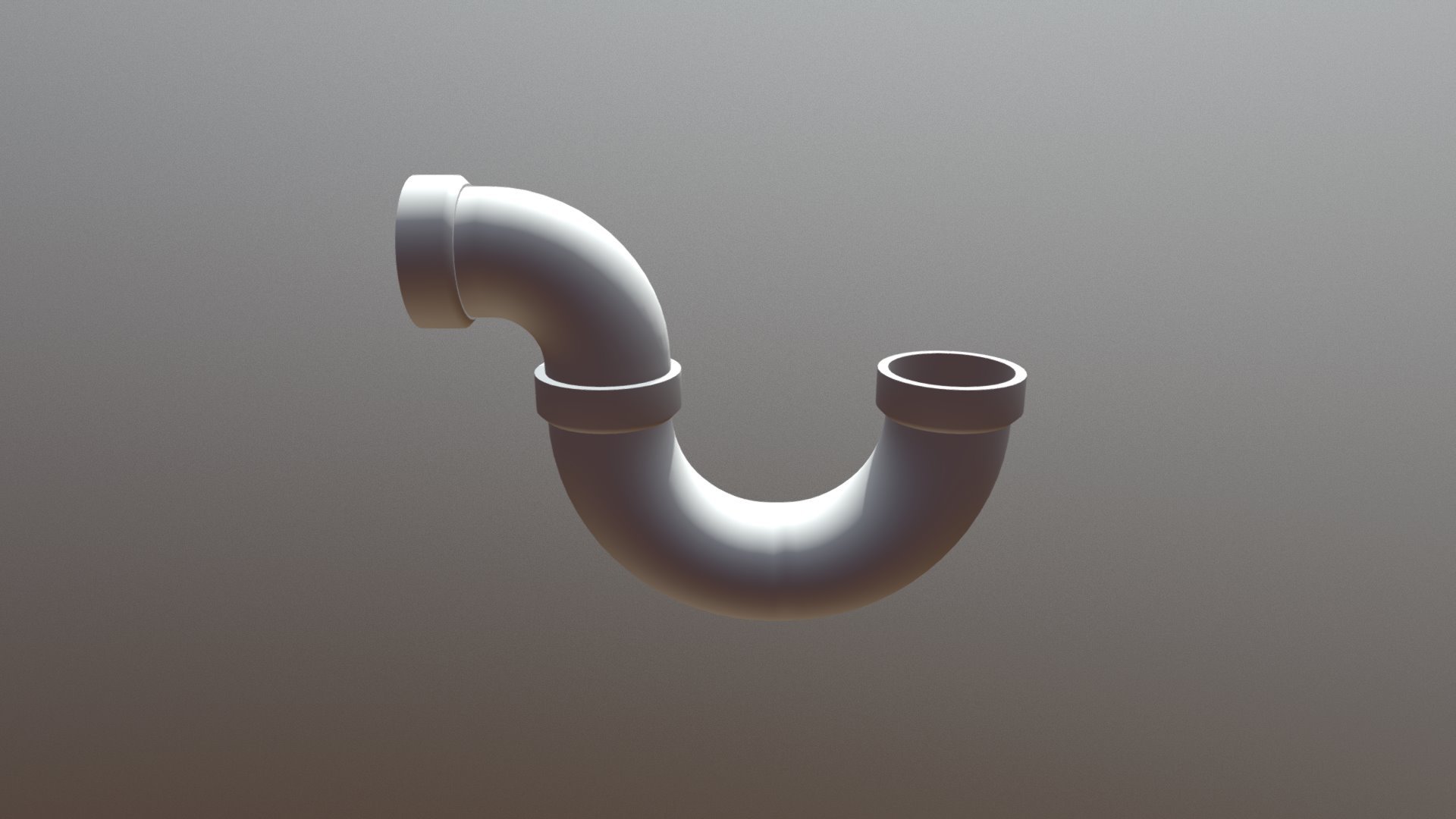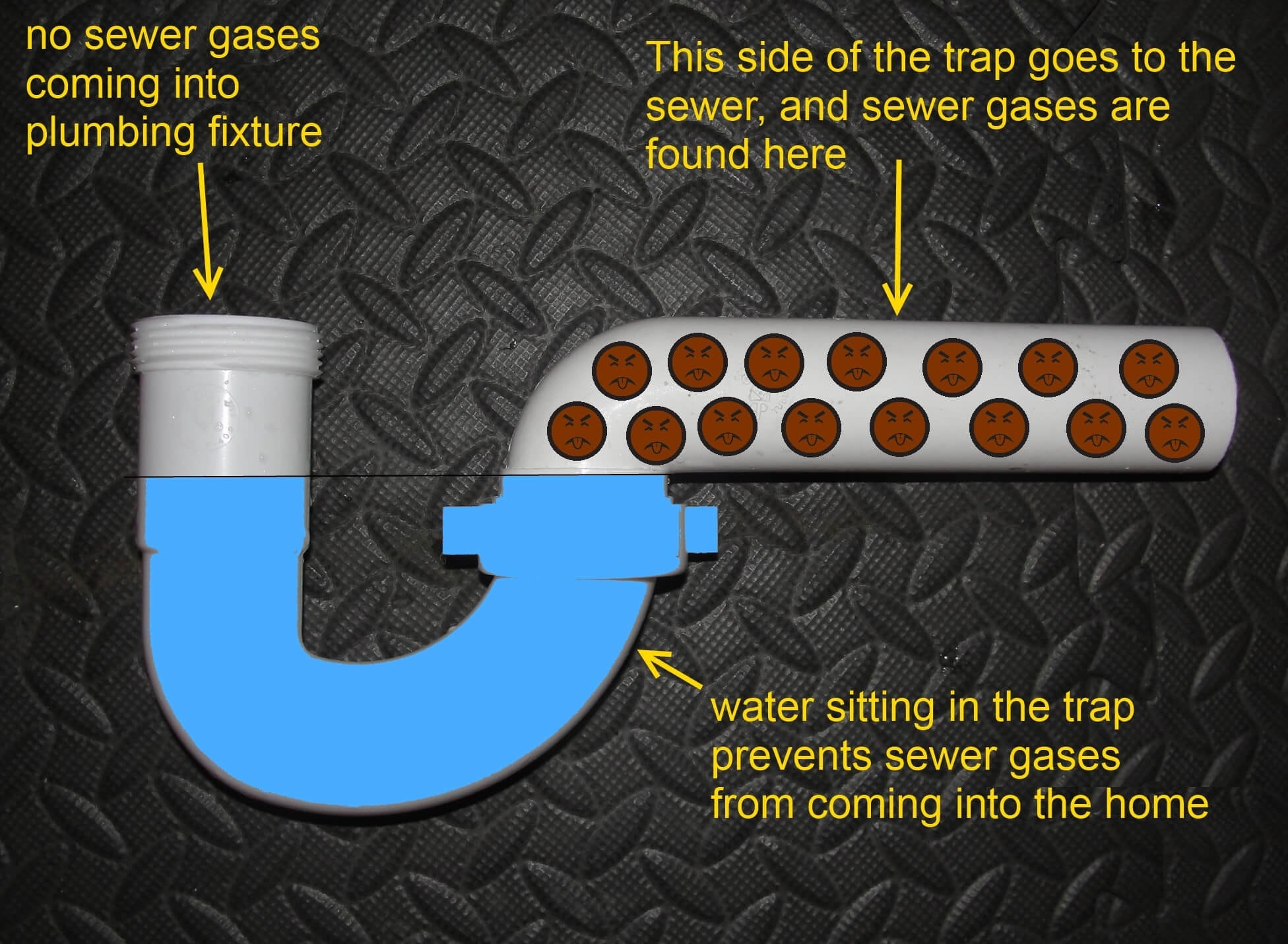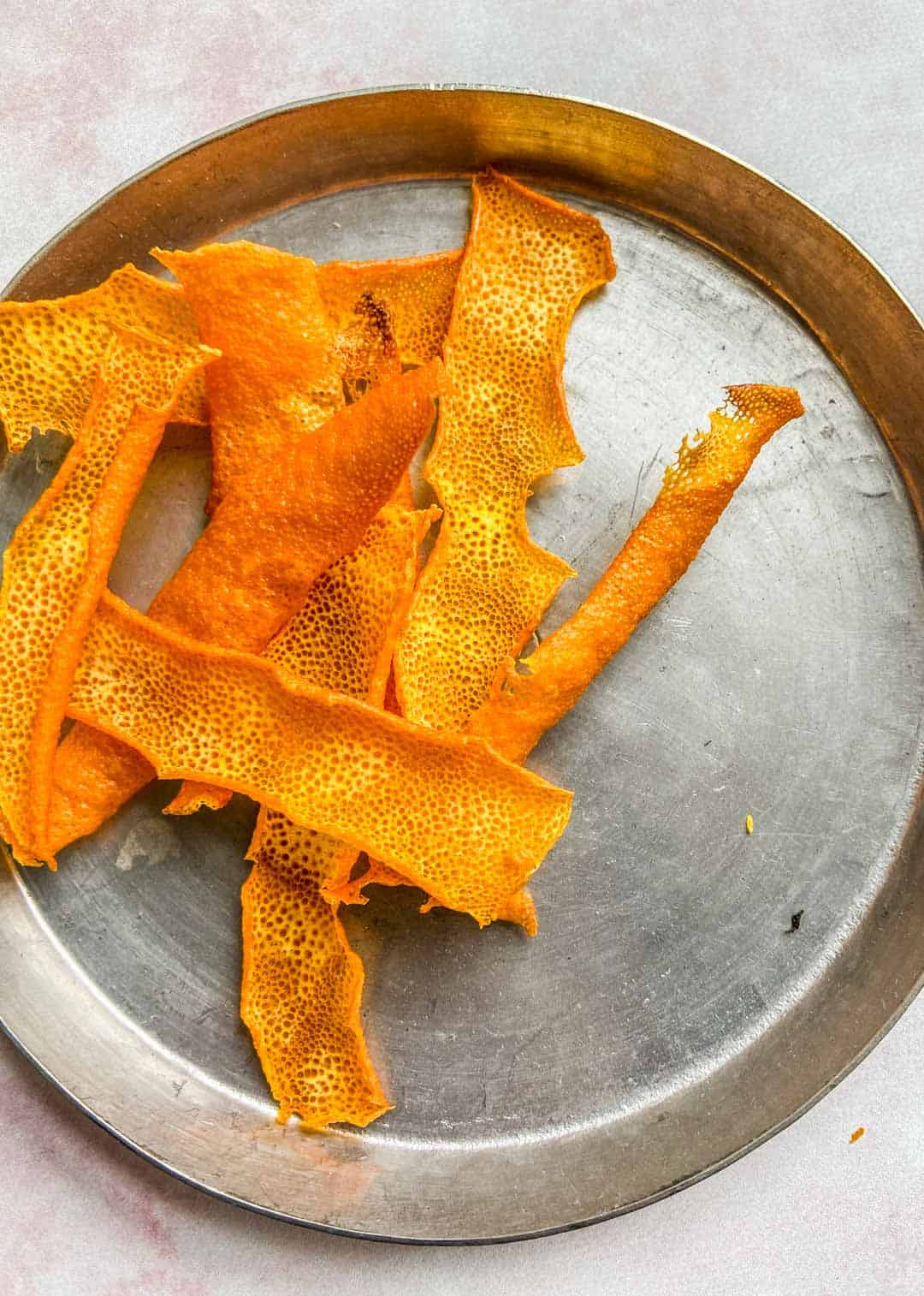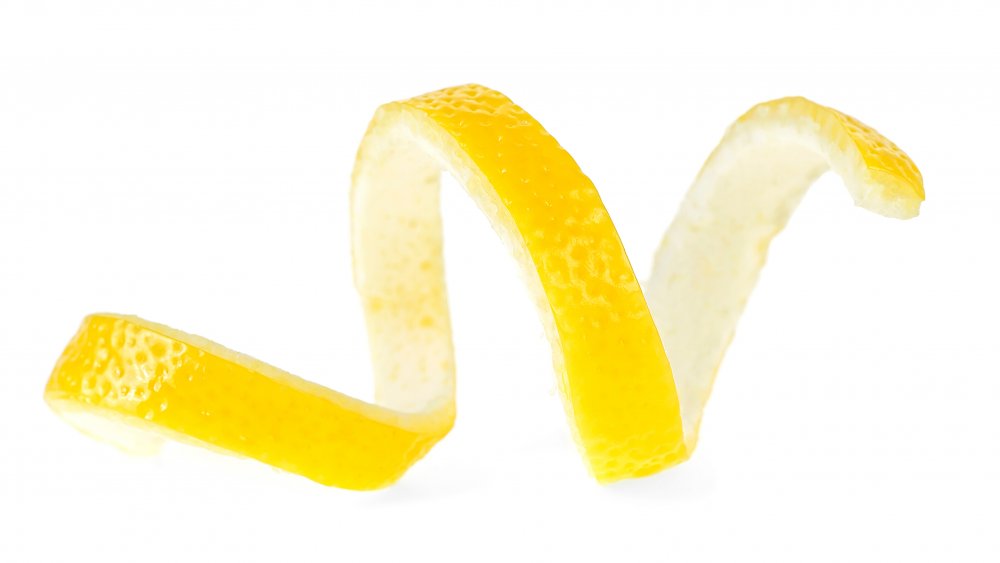1. Clean the Drain
If you notice a foul odor coming from your kitchen sink drain, the first step is to thoroughly clean the drain. This can help remove any built-up residue or bacteria that may be causing the unpleasant smell. To clean the drain, start by pouring boiling water down the drain to loosen any debris. Then, use a mixture of hot water and dish soap to scrub the inside of the drain. Finish by rinsing with more hot water.
2. Use Baking Soda and Vinegar
Baking soda and vinegar are a powerful combination when it comes to cleaning and deodorizing drains. To use this method, start by pouring half a cup of baking soda down the drain. Follow it with a cup of white vinegar. The mixture will create a foaming reaction, which will help break down any buildup in the drain. Let it sit for about 30 minutes before rinsing with hot water.
3. Try a Commercial Drain Cleaner
If the baking soda and vinegar method doesn't completely eliminate the foul odor, you may need to try a commercial drain cleaner. Look for a product that specifically targets kitchen sink drains and follow the instructions on the packaging. Be cautious when using these products and make sure to wear gloves and work in a well-ventilated area.
4. Use a Plunger
If the smell is accompanied by a slow-draining sink, it's possible that there is a clog causing the issue. In this case, a plunger can be a useful tool. Fill the sink with a few inches of water and place the plunger over the drain. Push and pull the plunger several times to create suction and hopefully dislodge the clog.
5. Check for Clogs
If the plunger doesn't work, it's time to check for clogs. Remove the drain cover and use a flashlight to look inside the drain. You may be able to see a clog that can be removed with a pair of tweezers or a drain snake. If you can't see a clog, it's possible that it's further down the drain and you may need to use a drain snake to remove it.
6. Use a Drain Snake
A drain snake is a long, flexible tool that can be used to reach deep into your drain and remove clogs. Insert the snake into the drain and twist it to catch onto any debris. Once you've caught the clog, slowly pull it out of the drain. This may take a few tries, but it can be an effective way to remove stubborn clogs.
7. Clean the Garbage Disposal
If your kitchen sink has a garbage disposal, it's important to keep it clean to prevent foul odors. Start by turning off the power to the disposal and then use tongs to remove any visible debris from inside. Next, pour a mixture of hot water and dish soap down the disposal and run it for a few minutes. Finish by grinding up some ice cubes to help sharpen the blades and remove any leftover residue.
8. Check the P-Trap
The P-trap is a curved pipe located beneath the sink that helps prevent sewer gas from entering your home. It's possible that the P-trap has become clogged or is not functioning properly, causing the foul odor. Use a wrench to loosen the nuts on either side of the P-trap and remove it. Clean out any debris and then reattach the P-trap.
9. Use Lemon or Orange Peels
If you prefer a natural approach to removing foul odors, try using lemon or orange peels. Simply cut up some peels and place them in the drain. Run hot water over them to release their oils, which will help deodorize the drain. You can also use a mixture of citrus peels and ice cubes in the garbage disposal for a fresh-smelling sink.
10. Call a Professional Plumber
If you've tried all of these methods and the foul odor persists, it may be time to call in a professional plumber. They will have the tools and expertise to thoroughly clean and unclog your drain, ensuring that the smell is eliminated for good.
In conclusion, a foul odor coming from your kitchen sink drain is not only unpleasant, but it can also be a sign of a larger issue. By following these tips and tricks, you can effectively remove the odor and keep your kitchen smelling fresh. Remember to regularly clean and maintain your drain to prevent foul odors from occurring in the future.
Causes of a Foul Odor in the Kitchen Sink Drain

One of the most common complaints homeowners have about their kitchen is a foul odor coming from the sink drain. This unpleasant smell can not only make cooking and cleaning unpleasant, but it can also be a sign of a bigger problem. In this article, we will discuss the main causes of a foul odor in the kitchen sink drain and how to eliminate it.
Food and Grease Buildup

The main culprit behind a foul odor in the kitchen sink drain is often food and grease buildup. When we wash dishes or rinse food particles down the drain, they can get stuck in the pipes and begin to decompose. This decomposition process produces a foul odor that can quickly spread throughout the kitchen. Additionally, grease and oils can solidify in the pipes, trapping food particles and contributing to the odor.
To avoid this issue, it is important to regularly clean and maintain your kitchen sink drain. Make sure to scrape food scraps into the trash before washing dishes and avoid pouring grease and oils down the drain. You can also use a mixture of hot water, vinegar, and baking soda to flush out any buildup in the pipes.
Blocked Vent Pipes

Another common cause of a foul odor in the kitchen sink drain is blocked vent pipes. These pipes are responsible for allowing air to escape while water is draining, and when they become clogged or blocked, it can create negative pressure in the drain. This negative pressure can cause water to be pulled from the P-trap, which is designed to keep odors from coming up through the drain. As a result, foul odors from the sewer can enter your kitchen.
To fix this issue, you will need to locate the vent pipe on your roof and check for any debris or obstruction. If you are not comfortable doing this yourself, it is best to call a professional plumber to handle the job.
Sewer Line Issues
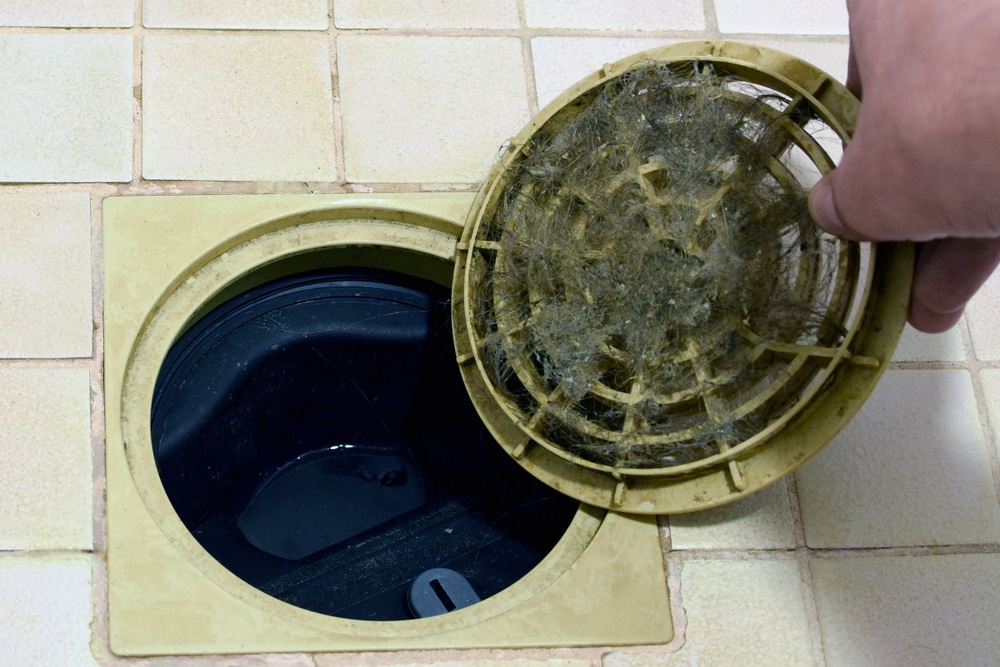
If you have eliminated the above causes and are still experiencing a foul odor in your kitchen sink drain, it could be a sign of a more serious issue with your sewer line. A damaged or clogged sewer line can cause sewage to back up into your kitchen drain, creating a foul smell. This can be caused by tree roots infiltrating the pipes, damage from frozen or shifting ground, or buildup of debris and grease in the line.
If you suspect a problem with your sewer line, it is important to call a professional plumber immediately. They will be able to identify and fix the issue to prevent any further damage and eliminate the foul odor in your kitchen sink drain.
Conclusion
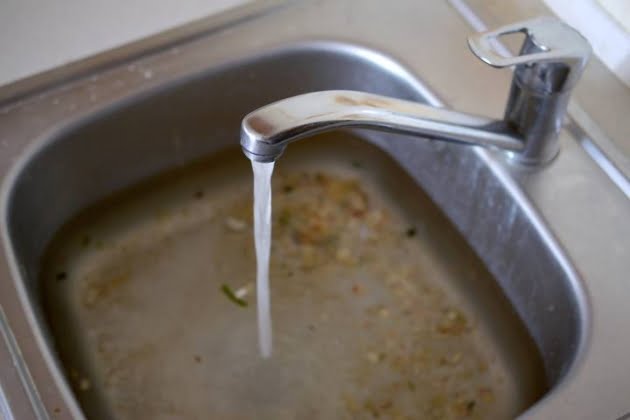
A foul odor coming from your kitchen sink drain can be a nuisance and a sign of a bigger problem. By understanding the common causes and taking necessary precautions, you can eliminate the smell and keep your kitchen smelling fresh and clean. Regular maintenance and calling a professional for any serious issues can help keep your kitchen sink drain functioning properly and odor-free.








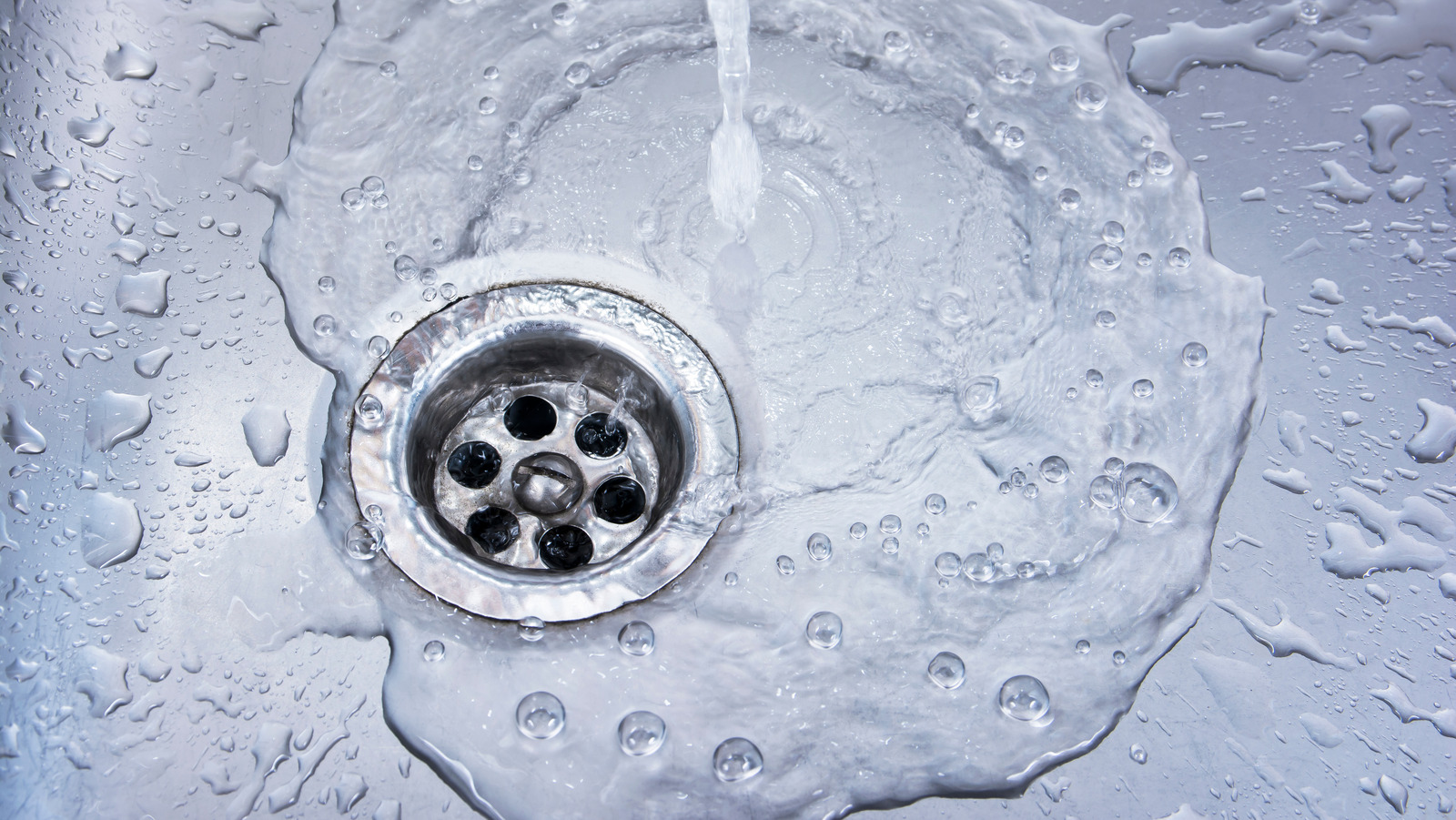
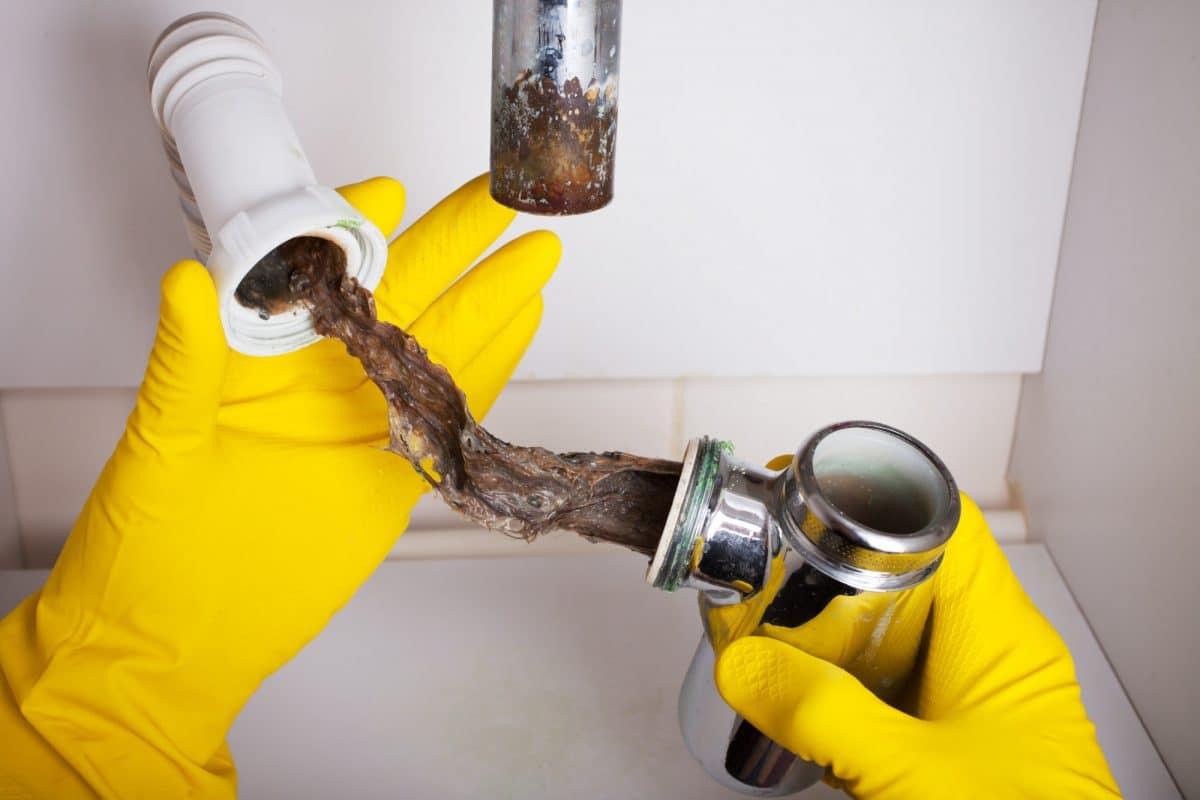
/cdn.vox-cdn.com/uploads/chorus_asset/file/19616741/drain_xl_0.jpg)


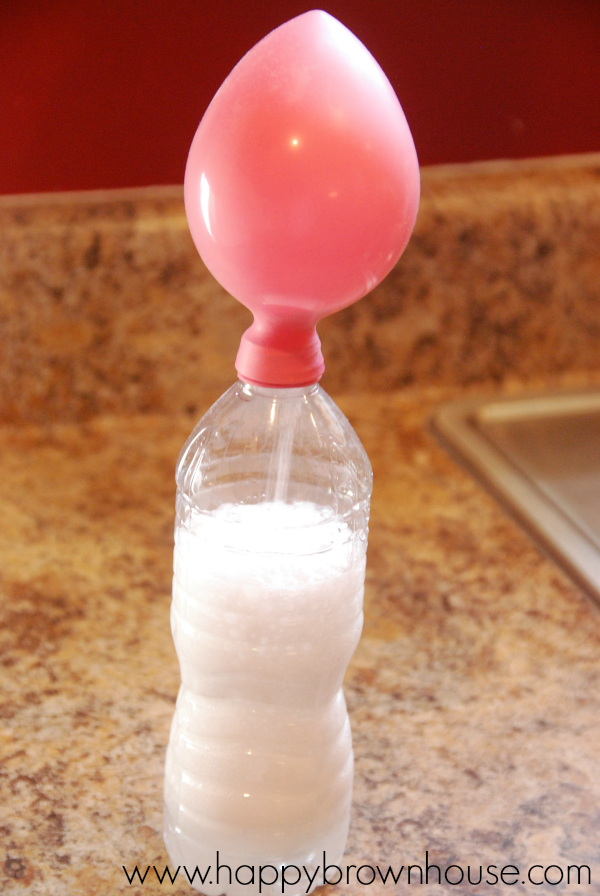


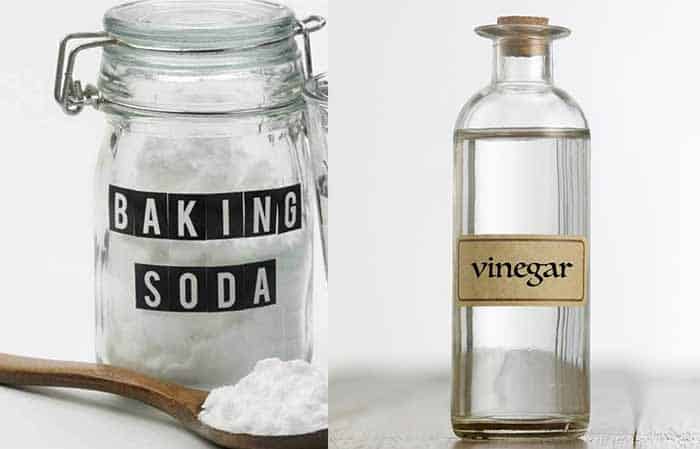
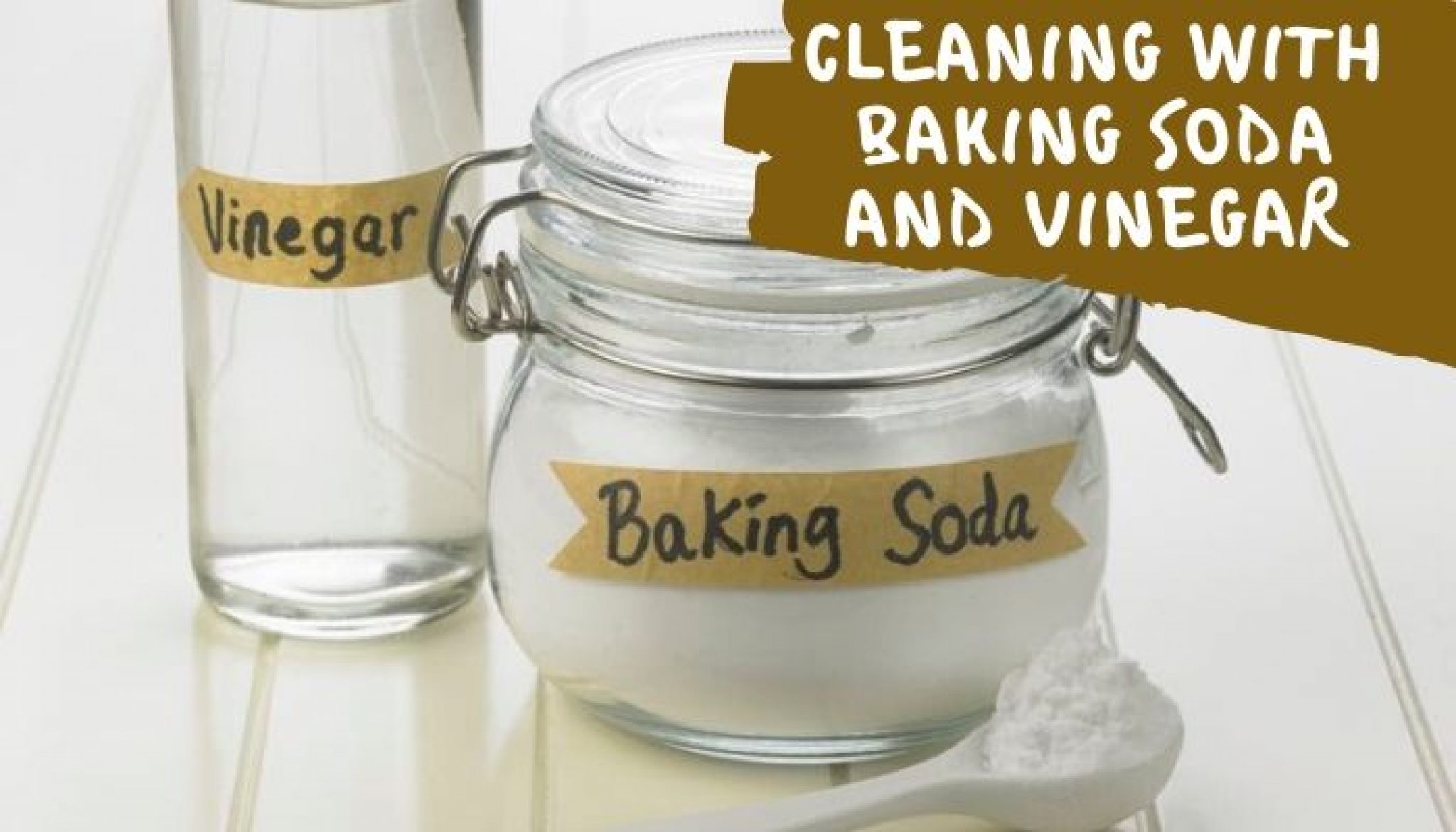
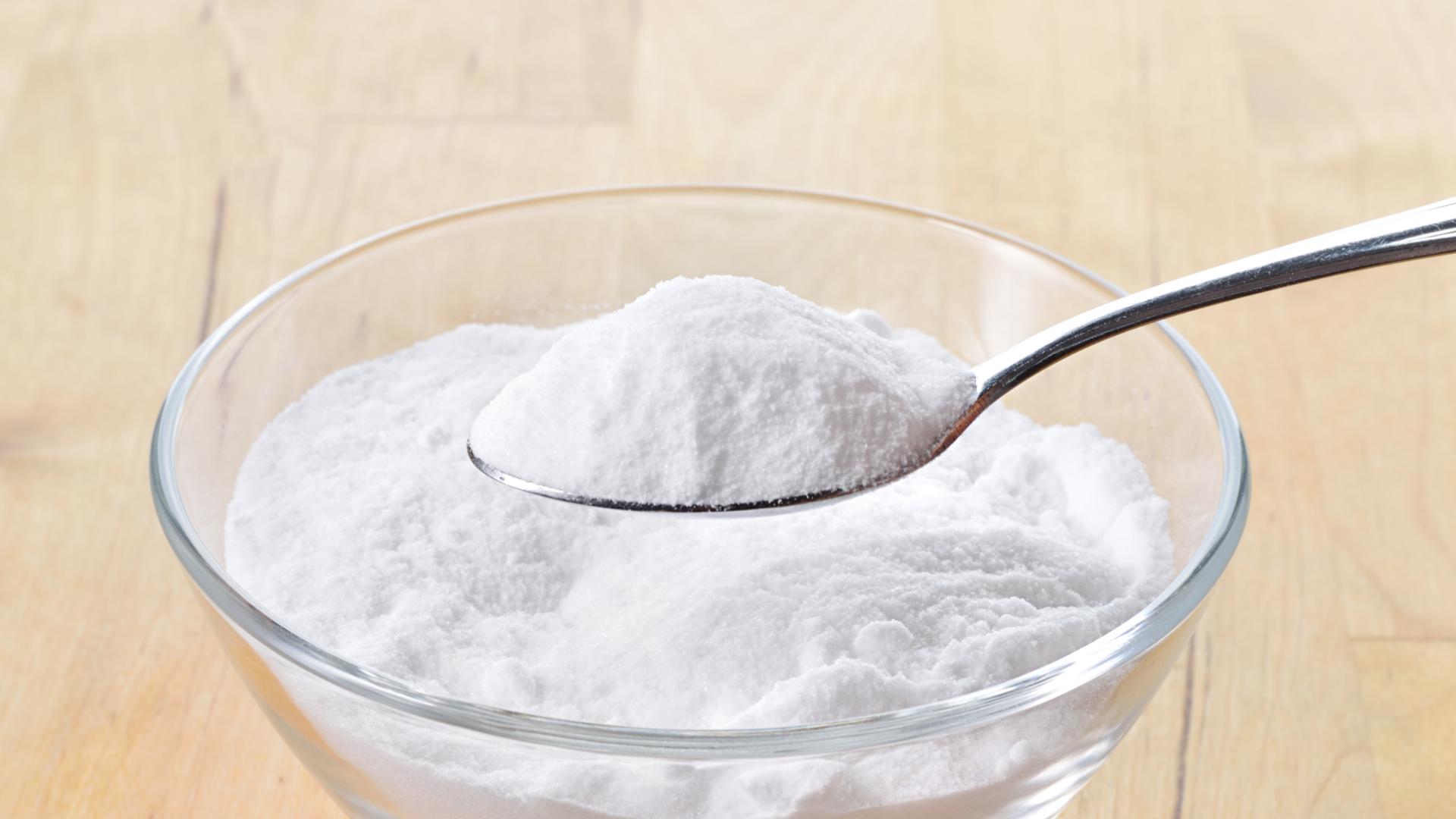

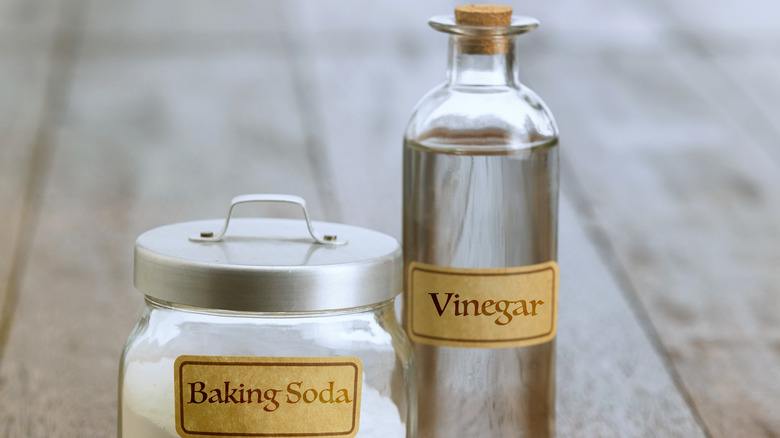





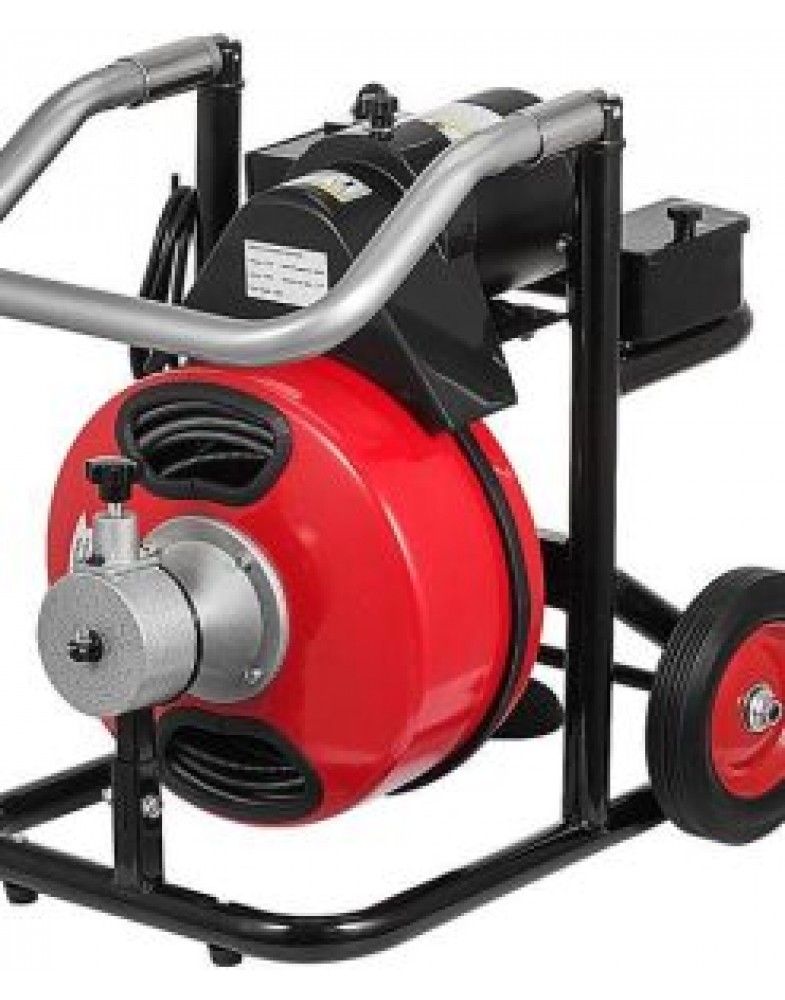

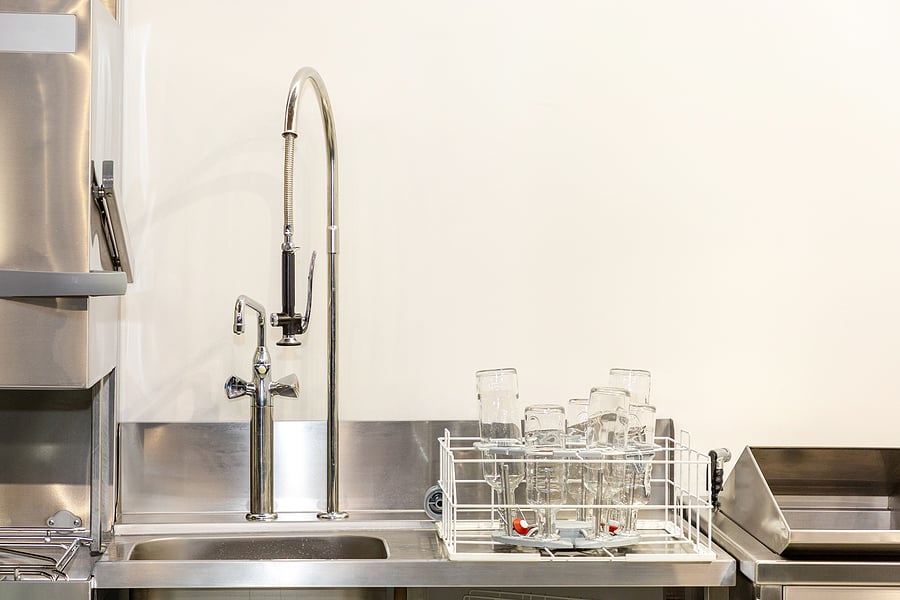

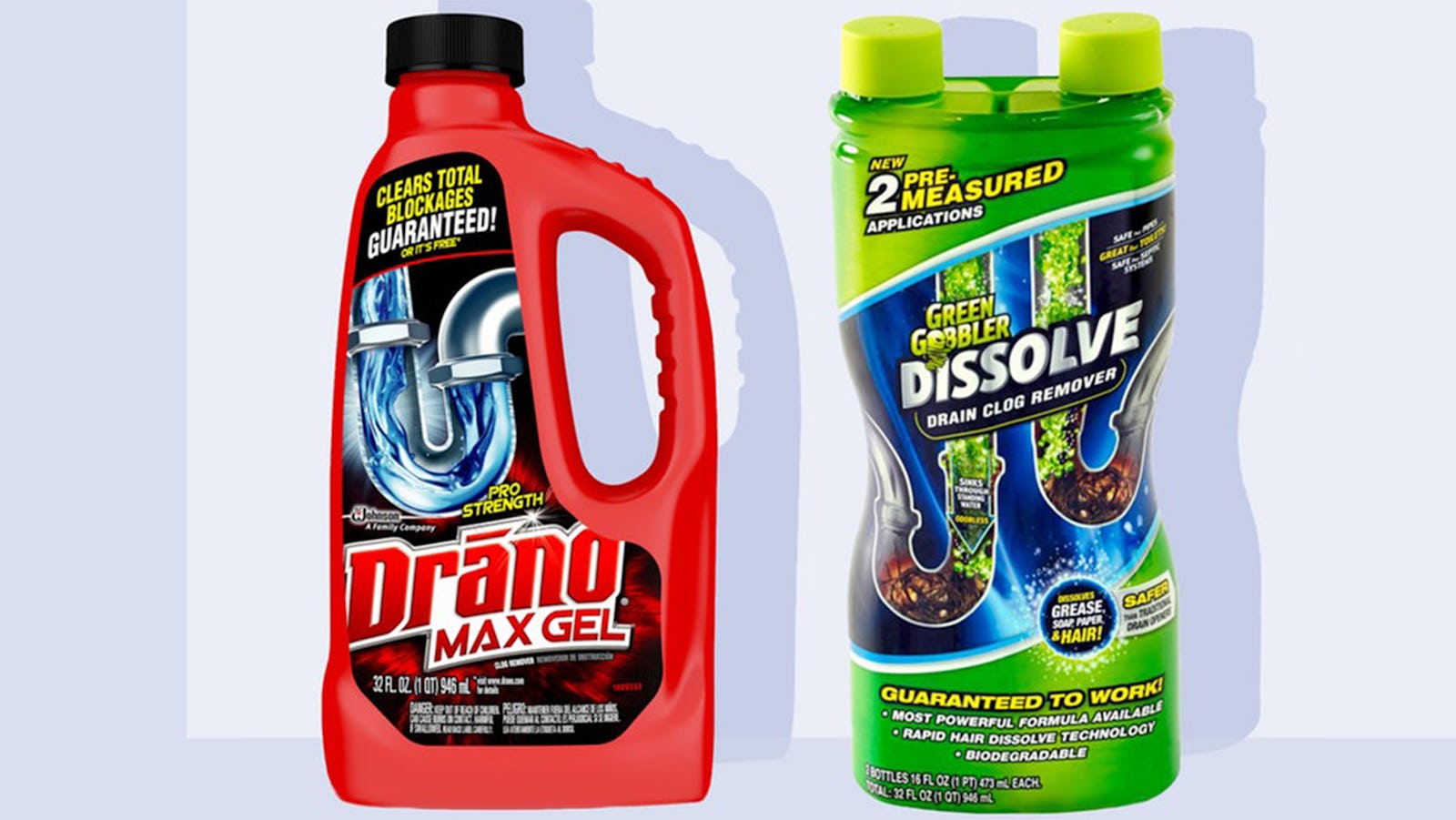




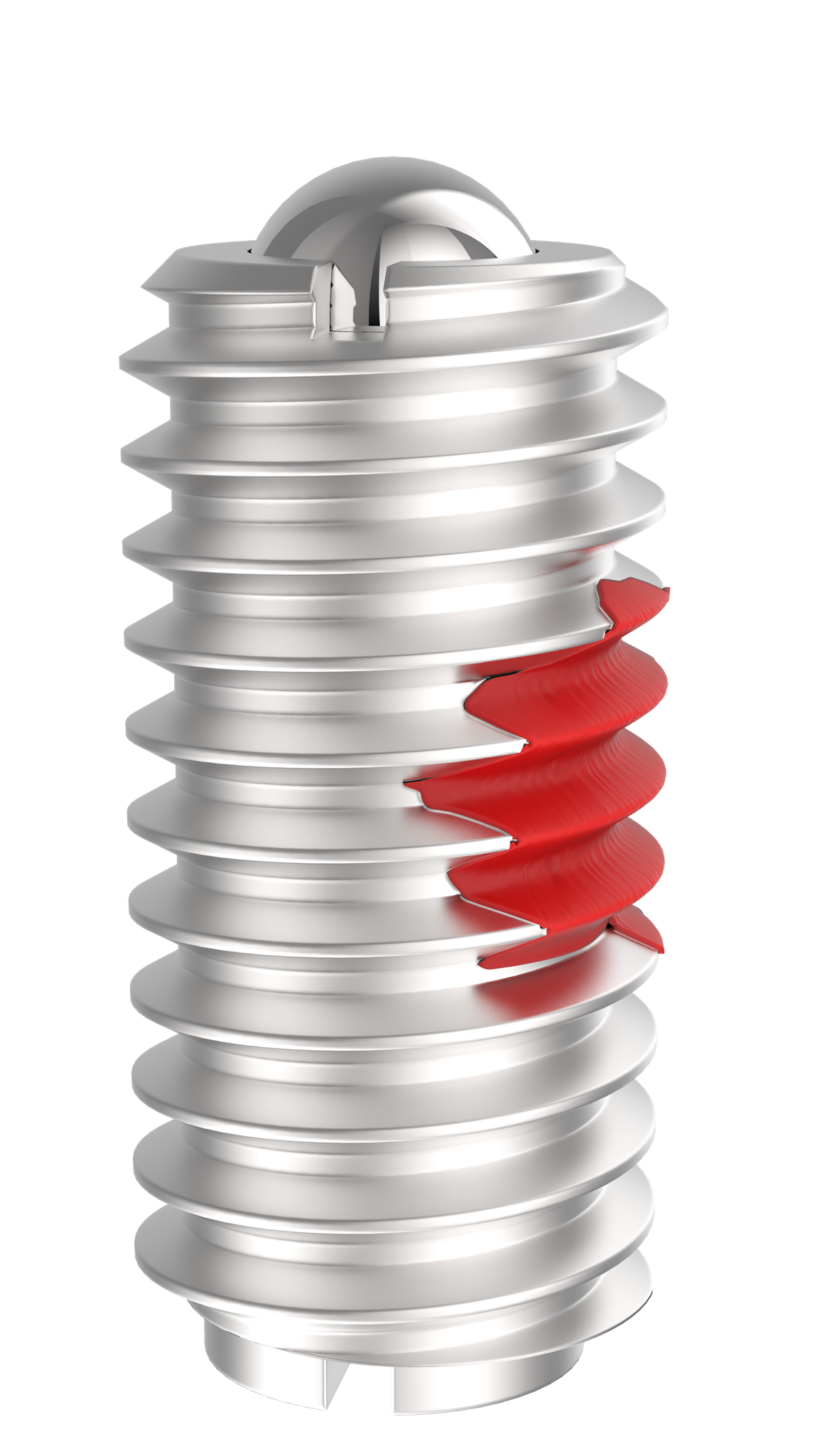


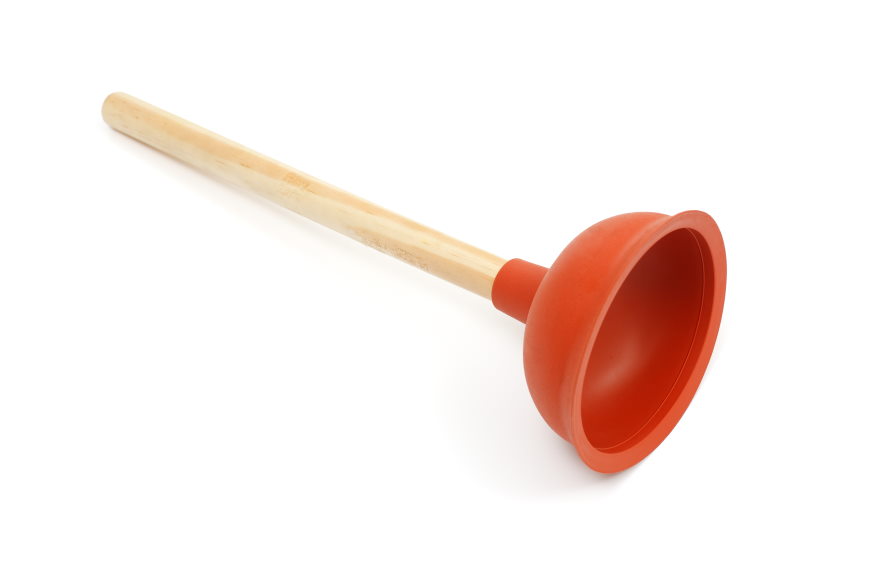






:max_bytes(150000):strip_icc()/toilette-plunger--92314164-873564a34a3441058f00a8d6fc1f0441.jpg)












